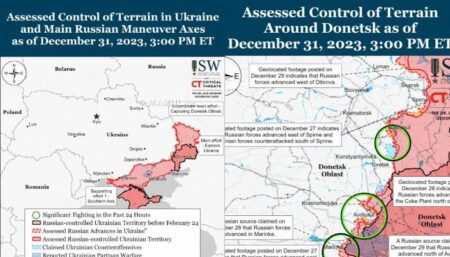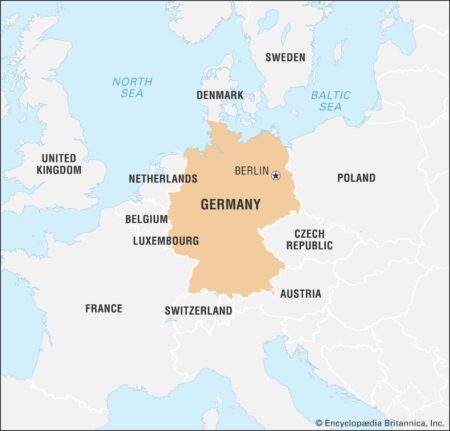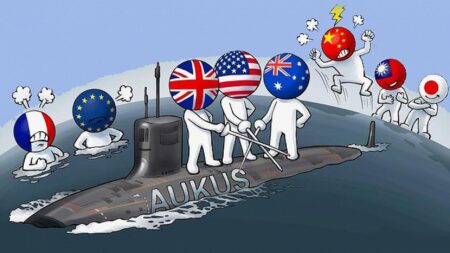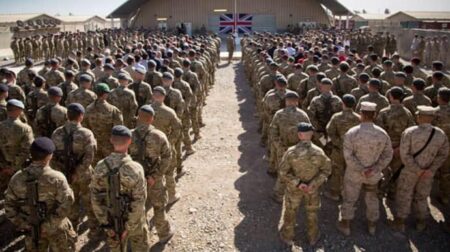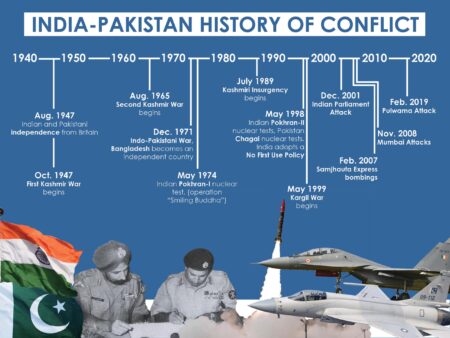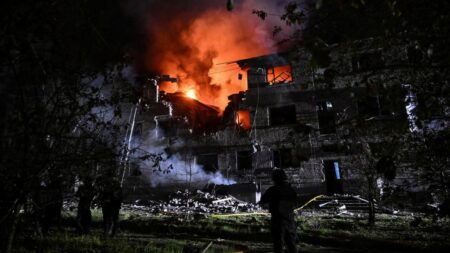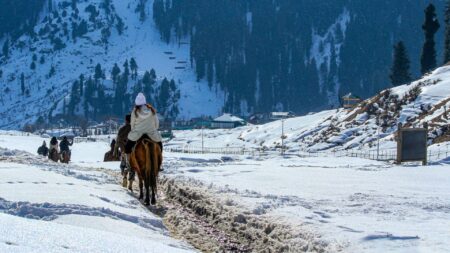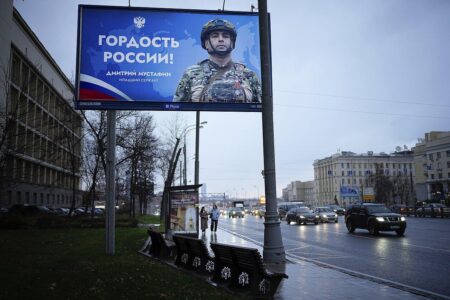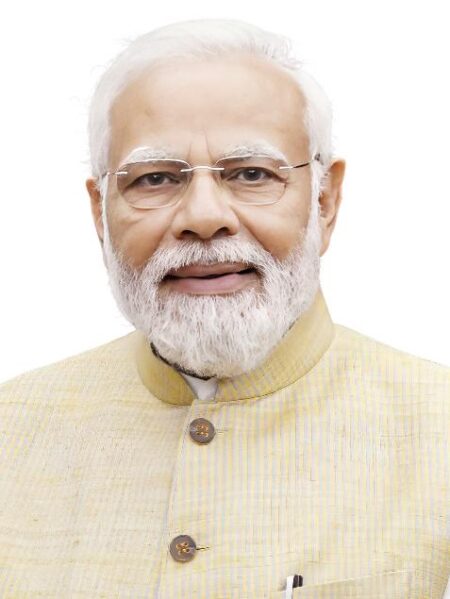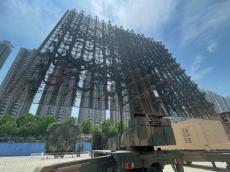China’s BeiDou satellite navigation system, often compared to the U.S. GPS, is swiftly expanding its influence in military operations. Amid escalating geopolitical tensions, experts debate whether BeiDou is evolving into a powerful strategic weapon or continuing as a primarily civilian tool
Browsing: military strategy
The Institute for the Study of War’s June 9, 2025 assessment uncovers intense Russian offensive operations, highlighting bold strategic shifts and fierce battles in key eastern Ukraine regions as the conflict rapidly intensifies
Germany is turbocharging its military strength, ushering in a bold new era for its defense strategy. This ambitious expansion aims to confront rising regional tensions directly while solidifying Germany’s unwavering commitment to NATO amid a shifting security landscape
Australia’s bold pursuit of state-of-the-art submarines via the AUKUS pact is ramping up pressure on its current defence forces, raising concerns about possible security vulnerabilities during this pivotal period of change
Germany is gearing up to dramatically boost its military might, planning to add as many as 60,000 troops to meet ambitious new NATO goals. This bold step aims to strengthen defense capabilities amid rising regional tensions. Stay tuned for the latest updates from Azerbaijan
Ukraine’s recent drone strike on Russian targets lands a striking blow, exposing glaring weaknesses in Moscow’s defenses. NBC News calls this bold operation a “humiliation” for Russia amid the ongoing fierce conflict
U.K. opposition leader Keir Starmer raises a stark warning, declaring that the country faces its most serious military threat since the Cold War. He urges swift and bold measures to bolster national defense amid rising global tensions
As tensions soar between India and Pakistan, fears grow over the possibility of a conflict spiraling into a full-scale war. Both nations are ramping up their military strength, while diplomatic relations continue to fray. The world watches with bated breath, anxious about what might unfold.
China’s bold decision to breathe new life into a World War II airfield in the Caribbean has ignited a wave of concern across the U.S. This development could dramatically alter regional dynamics, prompting serious questions about Beijing’s ambitions right in America’s backyard. Diplomats and defense analysts are on high alert, closely monitoring the unfolding situation
In light of escalating tensions with Russia, the U.S. is ramping up its military presence in Northern Europe. This decisive action is designed to strengthen deterrence and provide reassurance to NATO allies who are increasingly concerned about potential aggression from the east.
In a dramatic turn of events, Russia has unleashed its most extensive drone-and-missile assault on Ukraine to date, boldly disregarding earlier warnings from the Trump administration. This extraordinary attack zeroed in on vital infrastructure, intensifying concerns about a drawn-out conflict ahead.
Japan has officially unveiled its ambitious plans to deploy the cutting-edge ASM-3A missile by 2025, a bold move aimed at bolstering its defense capabilities in response to rising regional tensions. This state-of-the-art missile, engineered for pinpoint accuracy, represents a remarkable leap forward for Japan’s Self-Defense Forces
Russian President Vladimir Putin announced the establishment of a “buffer zone” along the Russia-Ukraine border, amid ongoing tensions between the two nations. The move raises concerns about escalating military presence and the potential for further conflict.
In a bold response to U.S. influence, China has unveiled an impressive military infrastructure known as “the fortress.” This ambitious initiative showcases Beijing’s determination to strengthen its defenses and firmly establish its presence in the Asia-Pacific region, all while navigating rising tensions.
In a shocking turn of events, intercepted Russian radio transmissions have unveiled a disturbing directive: the elimination of Ukrainian forces while deliberately sparing their commander. Experts analyzing these recordings are raising alarm bells about the troubling tactics being employed in this ongoing conflict.
Kashmir’s enduring conflict between India and Pakistan has, perhaps unexpectedly, paved the way for China to enhance its presence in the region. As tensions escalate, Beijing has skillfully seized this opportunity to bolster its economic and strategic influence, weaving itself deeper into the fabric of regional dynamics
As Russia grapples with mounting economic pressures from its extended military campaigns, experts believe that a struggling war economy might nudge Moscow toward the negotiating table. With sanctions tightening and resources dwindling, the Kremlin may find itself increasingly motivated to pursue diplomatic solutions
In “Modi‚Äôs Escalation Trap,” The Atlantic delves into the delicate power dynamics shaped by India’s Prime Minister Narendra Modi. With tensions mounting alongside its neighbors, experts caution that a confrontational stance might trigger unforeseen repercussions and spark regional instability
The Kremlin has boldly announced that Russia will employ every possible measure to defend its naval vessels in the Baltic Sea. This declaration not only emphasizes the rising tensions in the region but also showcases Moscow’s unwavering dedication to protecting its maritime interests
China has introduced the cutting-edge JY-27V radar system, a game-changer in detecting stealthy targets like US fifth-generation fighters. This significant advancement highlights the rising military tensions in the region, as China aims to bolster its aerial surveillance prowess


